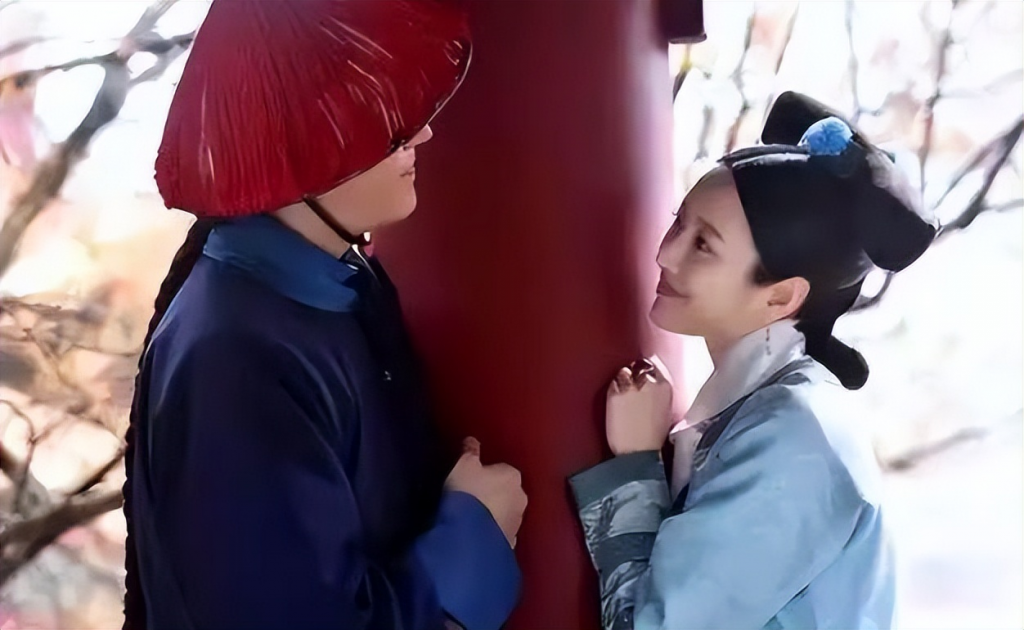Eunuchs, a fascinating and often misunderstood aspect of ancient Chinese history, were products of the feudal system. These individuals spent their lives within the palace walls, playing complex and sometimes dangerous roles in imperial politics. But who were these eunuchs, and how did they influence the course of Chinese history?
The story of eunuchs dates back to the Eastern Han Dynasty, when they first began to carve out a significant role within the imperial courts. These men, often poor and desperate, were selected from humble backgrounds and forced into a life of servitude. However, what made them particularly unique was the rigorous process of castration they underwent before being allowed into the imperial palace.
The procedure was no simple task. It was a long, painful, and perilous process that often resulted in death. In those days, medical practices were rudimentary, and anesthesia was not effective, leading to many eunuchs losing their lives during the procedure. Those who survived faced not only physical but also emotional and psychological challenges. Despite these hardships, the skill of the castrators gradually improved, leading to higher survival rates and a more “perfect” operation over time.

Once these men entered the palace, they were closely monitored by the palace’s Internal Affairs Bureau, which had the crucial responsibility of ensuring that no “fake eunuchs” entered the palace. Being caught in such a deceitful act was a grave crime, and the consequences were severe, not only for the eunuch but for his entire family.
Unlike palace maids, who typically served for a limited time before being sent out to marry, eunuchs were bound to the palace for life. Their bodies, altered irreversibly, made them incapable of returning to a normal life. They had little choice but to climb the ranks within the palace, accumulating wealth and influence in the hopes of one day returning home without being discriminated against. Some even sought to “buy back” the parts of their body that were removed during the castration process.
Throughout the dynasties, the status of eunuchs fluctuated. While many remained at the bottom of the imperial hierarchy, some rose to significant power. A notable example is the famous eunuch Zheng He, who was dispatched on diplomatic missions during the Ming Dynasty by Emperor Zhu Di. His voyages to the Western world are some of the most remarkable events of the time.
However, even those with significant power, like Wei Zhongxian during the late Ming dynasty, remained without heirs, as they were physically incapable of having children. This led to various rumors and stories about eunuchs fathering children, often linked to political intrigue. One such tale involves the eunuch Lao Ai during the Qin Dynasty, who, despite being castrated, allegedly fathered children with the Empress Dowager. However, historical records suggest that Lao Ai was not truly a eunuch but rather a man who had managed to avoid the castration process and had been sent to the palace as part of a political scheme.
This story, among others, illustrates the extreme lengths to which some individuals went to manipulate the system, using power and influence to avoid the harsh realities of the eunuch’s life. In fact, the reason these cases were so significant is that they exposed vulnerabilities in the strict regulations surrounding eunuchs, prompting subsequent emperors to enforce even stricter procedures.
Despite their lack of offspring, eunuchs did form bonds with palace maids, sharing the loneliness of palace life. These relationships, though not necessarily romantic, were a way for eunuchs and maids to support each other in the otherwise isolated and harsh environment of the imperial court.
In modern times, the life of a eunuch serves as a poignant reminder of the struggles faced by the lower classes in ancient China. The story of the last eunuch of the Qing Dynasty, depicted in a film, highlights the extreme measures taken by impoverished families to survive and the harshness of living under imperial rule. These individuals were often trapped in a system where their lives were controlled by forces beyond their control—an existence far removed from any sense of personal freedom.
Ultimately, the story of the eunuchs is not just a tale of pain and survival but also a reflection of the broader societal structure of feudal China, where one’s fate was often determined by birth and status. Thankfully, this chapter of history is behind us, and the world has moved on to more progressive and equitable times. However, the legacy of the eunuchs remains a fascinating part of China’s imperial past, shedding light on the often-overlooked lives of those who lived behind palace walls.

No comments yet.